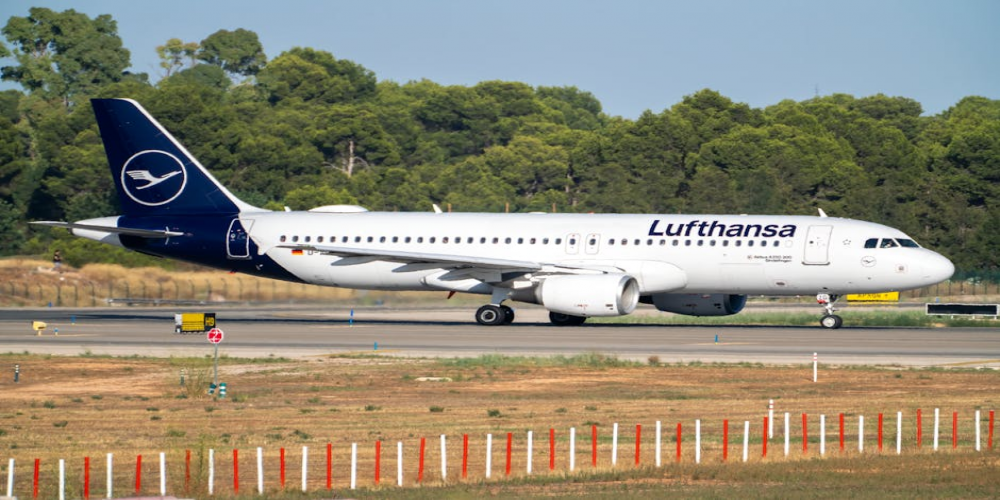
Market Overview
Lufthansa, the German airline giant, recently announced a significant restructuring plan involving the elimination of 4,000 roles, a move aimed at substantially boosting profitability and leveraging artificial intelligence to drive operational efficiency. This strategic shift comes as the global airline industry continues to navigate a complex landscape marked by fluctuating demand, rising operational costs, and intense competition. The decision underscores a broader trend among major corporations seeking to streamline operations and integrate advanced technologies to adapt to evolving market dynamics. Investors will closely watch how this dual approach of cost-cutting and technological adoption positions Lufthansa for sustained growth amidst ongoing economic uncertainties and the imperative for leaner business models across the aviation sector. The announcement reflects a proactive stance to secure future competitiveness within a challenging global economic environment.
Trading Implications
The news of Lufthansa's extensive job cuts and AI integration could elicit mixed reactions from the market, potentially leading to short-term volatility in the company's stock. While cost reduction measures often signal a positive intent towards improving financial health, the long-term success hinges on the effective implementation of AI technologies and their ability to deliver promised efficiencies without disrupting core operations. Traders will be keenly observing details regarding the timeline for these changes and the specific areas where AI is expected to yield the most significant impact on the airline's bottom line. This development might also prompt a re-evaluation of other airline stocks, as competitors could be pressured to explore similar efficiency initiatives, influencing sector-wide trading strategies and investment decisions in the broader travel industry.
Key Insights
Lufthansa's bold strategy highlights a critical juncture for traditional industries, illustrating a decisive pivot towards a future where technology plays a central role in achieving operational excellence and profitability. The integration of artificial intelligence is not merely a cost-cutting exercise but a fundamental re-imagining of how an airline can operate, from ground services to flight planning and customer interaction. This move sets a precedent for how established companies might balance human capital with technological advancements to remain competitive and agile in a rapidly changing global economy. The success of Lufthansa's initiative could serve as a blueprint for other carriers, underscoring the indispensable role of innovation in securing long-term viability and shaping the future landscape of air travel.